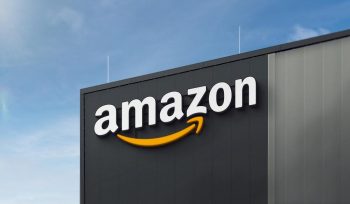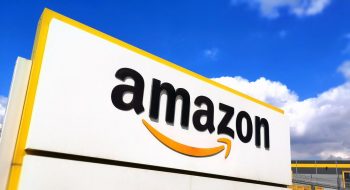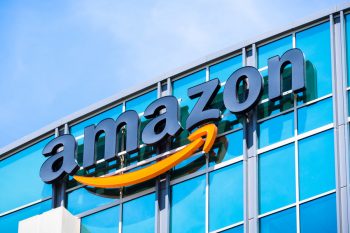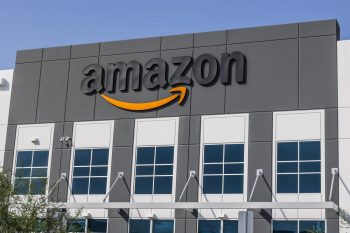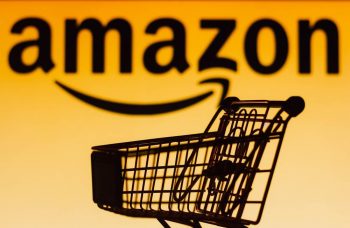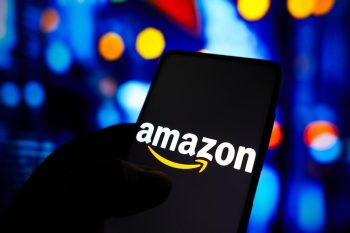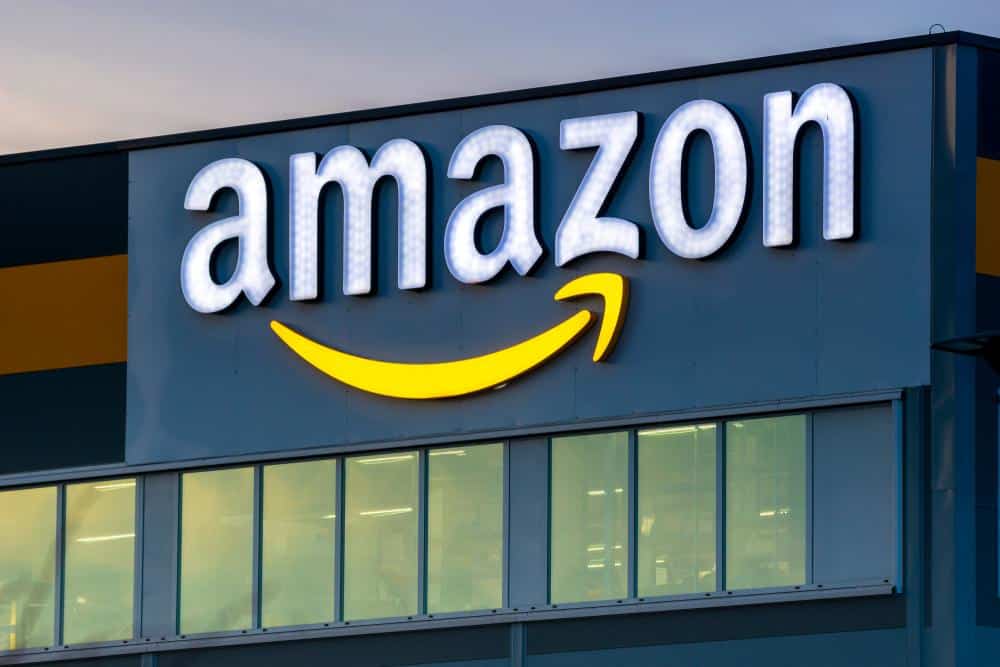
Amazon, the global e-commerce giant, has grown exponentially since its inception in 1994. From selling books online to becoming the world’s largest online retailer, Amazon’s journey has been nothing short of remarkable. But just how valuable is Amazon? Let’s delve into the details.
Amazon’s value is immense, both in terms of its market capitalization and its impact on the global e-commerce landscape. As of September 2023, Amazon has a market capitalization of $1.332 trillion, making it one of the world’s most valuable companies. Its value is derived from its innovative business model, diverse revenue streams, and vast market share. Despite potential threats and competition, Amazon continues to dominate the global e-commerce landscape.
Amazon’s Current Market Value and Historical Growth
As of September 2023, Amazon has a market capitalization of $1.332 trillion, making it the world’s 5th most valuable company by market cap. Over the past decade, Amazon’s market value has grown significantly. In 2011, the company’s market cap was $88.1 billion, and its stock has grown by 1,588% since then, reaching a market cap of $1.7 trillion in 2021.
Here’s a summary of Amazon’s market cap changes over the past years:
- 2023: $1.336 trillion (55.92% change)
- 2022: $856.94 billion (-49.32% change)
- 2021: $1.691 trillion (3.48% change)
- 2020: $1.634 trillion (77.58% change)
- 2019: $920.22 billion (24.78% change)
Amazon’s Primary Revenue Sources
Amazon’s primary sources of revenue include its online and physical stores, third-party seller services, Amazon Web Services (AWS), advertising, and subscription services. In 2022, Amazon’s revenue breakdown was as follows:
- Online stores: $220 billion
- Physical stores: $18.96 billion
- Third-party seller services: $117.71 billion
- Subscription services: $35.22 billion
- AWS: $80 billion
- Advertising: $37.74 billion
- Other: $4.25 billion
How Amazon Maintains Its Competitive Edge
Amazon maintains its competitive edge in the e-commerce industry through a combination of strategies and innovations. These include a customer-centric approach, cost leadership, diversification, technological innovation, efficient logistics and supply chain operations, third-party merchant integration, and the Amazon Prime subscription service.
Unique Services and Features of Amazon
Amazon offers a wide range of unique services and features that contribute to its value. These include Amazon Prime, Amazon Devices and Services, Amazon Web Services, Amazon Originals and Entertainment, Amazon Home Services, Amazon Business, Amazon Lockers, Fulfillment by Amazon (FBA), and the Featured Offer feature.
Amazon’s Technological Advancements
Amazon’s innovation and technological advancements, such as the Just Walk Out technology, Amazon Web Services, the Amazon Industrial Innovation Fund, patents, Amazon Prime Air, and investments in Artificial Intelligence, have significantly contributed to its overall worth.
Amazon’s Impact on the Global E-commerce Landscape
Amazon’s impact on the global e-commerce landscape has been significant, leading to a shift in consumer shopping habits from traditional brick-and-mortar stores to online retailers. However, Amazon’s dominance has also raised concerns about its treatment of warehouse workers, competition with small businesses, and data privacy issues.
Amazon versus Other Major Tech Companies
Amazon’s growth and profitability have been strong, but they differ when compared to other major tech companies like Alphabet, Apple, and Microsoft. While Amazon continues to dominate the e-commerce market, its growth rate has slowed down compared to previous years, and other tech giants have experienced more consistent growth in certain areas.
Potential Threats to Amazon’s Value
Several potential threats could affect Amazon’s value in the future, including dependence on third-party sellers, data security and privacy issues, regulatory pressure, competition, environmental impact, economic conditions, new retail competitors, labor and human rights issues, slowing revenue growth, and imitation and counterfeiting.
Amazon’s Market Share in E-commerce
As of June 2022, Amazon accounted for 37.8% of the U.S. e-commerce market, making it the country’s leading online retailer. In 2022, Amazon is expected to account for 39.5% of all U.S. retail e-commerce sales, or nearly $2 in every $5 spent online.
In conclusion, Amazon’s value is a result of its innovative business model, diverse revenue streams, and vast market share. Despite facing potential threats and stiff competition, Amazon continues to dominate the global e-commerce landscape and remains one of the most valuable companies in the world.
Frequently Asked Questions
What was Amazon’s initial business model?
Amazon initially started as an online bookstore. Jeff Bezos, the founder, chose books because there was a tremendous variety of titles available, which made it an interesting category for an online retailer. Over time, Amazon expanded its product range to include music, movies, electronics, and more, eventually becoming the “everything store” it is today.
Who is the current CEO of Amazon?
As of 2023, the current CEO of Amazon is Andy Jassy. He took over from the company’s founder, Jeff Bezos, in July 2021.
What is Amazon Prime and how does it contribute to Amazon’s revenue?
Amazon Prime is a paid subscription service that offers numerous benefits to members, including free two-day shipping on many items, access to streaming music and video, and more. The subscription fees from Amazon Prime contribute significantly to Amazon’s revenue. In addition to the direct revenue from subscriptions, Prime members tend to spend more on Amazon than non-members, further boosting Amazon’s revenue.
What is Amazon Web Services (AWS) and how does it contribute to Amazon’s profitability?
Amazon Web Services (AWS) is a cloud services platform that offers computing power, storage, content delivery, and other functionality to help businesses scale and grow. AWS is a major profit driver for Amazon, contributing a significant portion of the company’s overall revenue and a large share of its profit due to its high margins.
What are some of the criticisms and controversies surrounding Amazon?
Amazon has faced criticism and controversy on several fronts. These include its treatment of warehouse workers, competition with small businesses, data privacy issues, and its environmental impact. Despite these challenges, Amazon continues to be a dominant force in the global e-commerce market.

